Posted 04 February 2017 - 09:29 AM
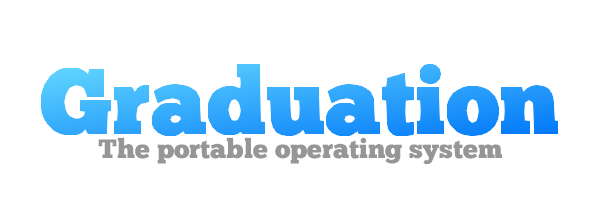
Graduation is an operating system which is available on GitHub.
The idea was from the Porty Shell, which is created by Zayne. The problem was the activity.
Too long for me, I prefered to create my own operating system from scratch.
Too long for me, I prefered to create my own operating system from scratch.
The objective of this operating system is to be lightweight and useful at the same time.
Because you can have the entire power on your computer.
You are in the freedom.
Because you can have the entire power on your computer.
You are in the freedom.
This is why I created Graduation, the portable operating system.
Downloading the latest version of Graduation
Spoiler
You can download the latest version of Graduation on GitHub. Please be aware that this is a unstable version !
The pastebin installer does not exists because this operating system do not have reached the Beta stage.
Downloading the user manual
Spoiler
You can download the latest version of the Graduation User Manual here.
Features of this operating system
Spoiler
- It is lightweight and fast
- It can fit on any floppy disk
- It is portable, all of your programs can be in your inventory
- It has the same commands from CraftOS, just re-written from scratch. You do not lose any habits from CraftOS, and can be used by the majority of players.
- It is open-source, this mean that you can improve, share, copy and modify the code, and even create an operating system using this base (please read the section with the following URL: https://github.com/R...ore-proceeding-)
- You can use it for rescuring infected computers.
- You can add your own programs.
- System API is really simple to understand.
Screenshots
Spoiler
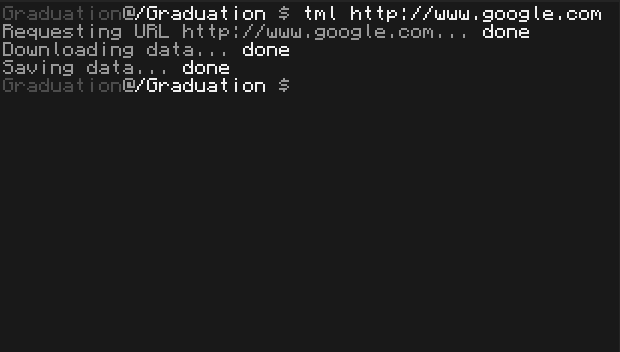
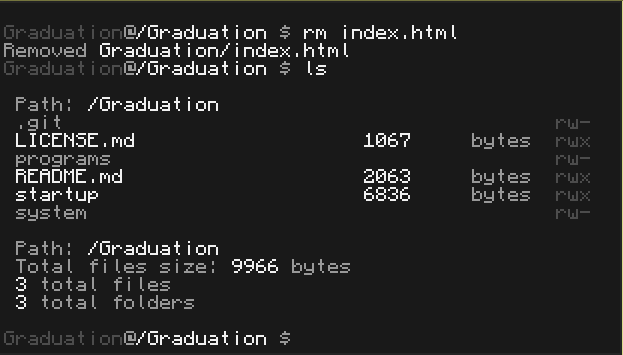
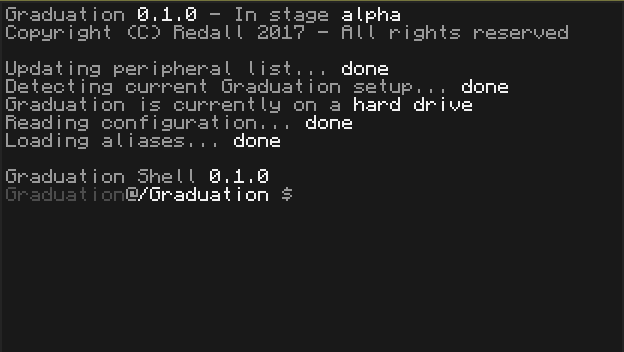
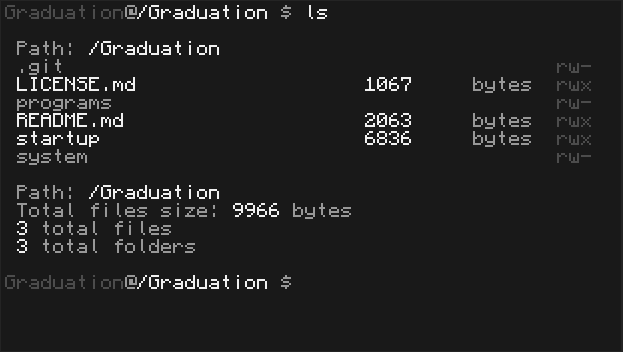
Thank you for reading my post. Have an nice day,
Redall.
Edited on 04 February 2017 - 09:31 AM

